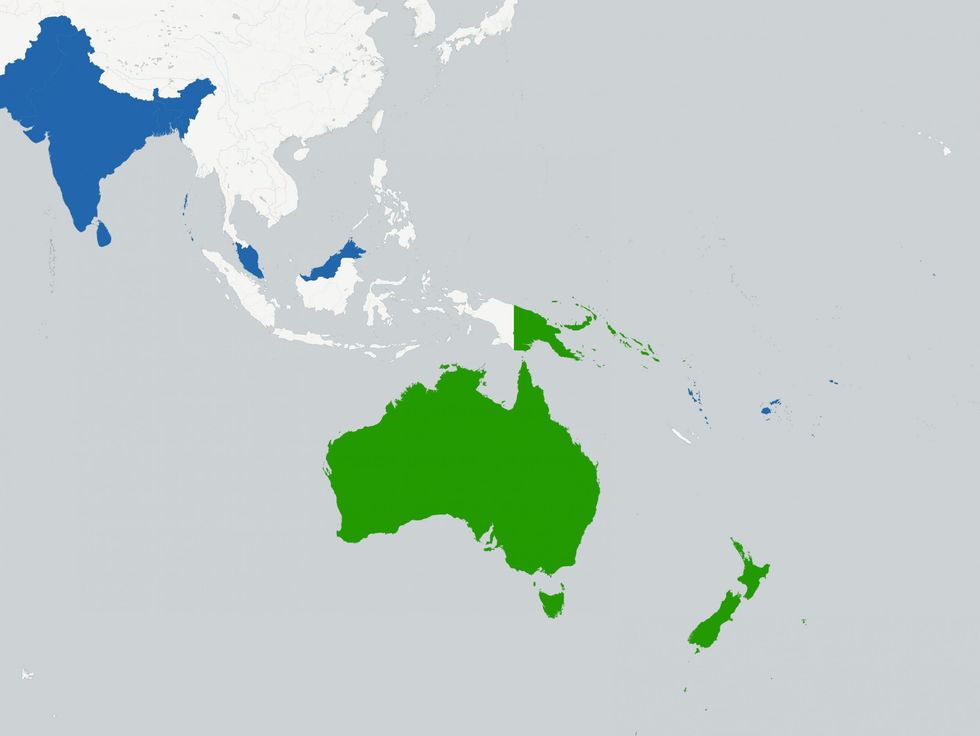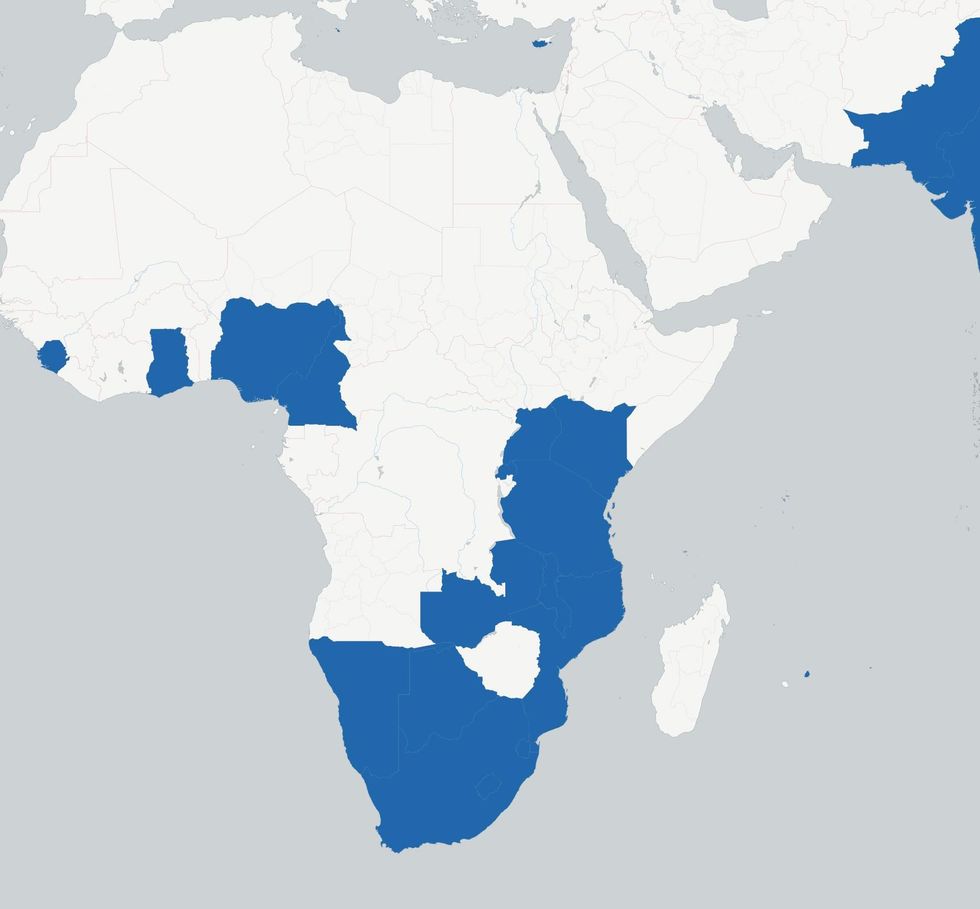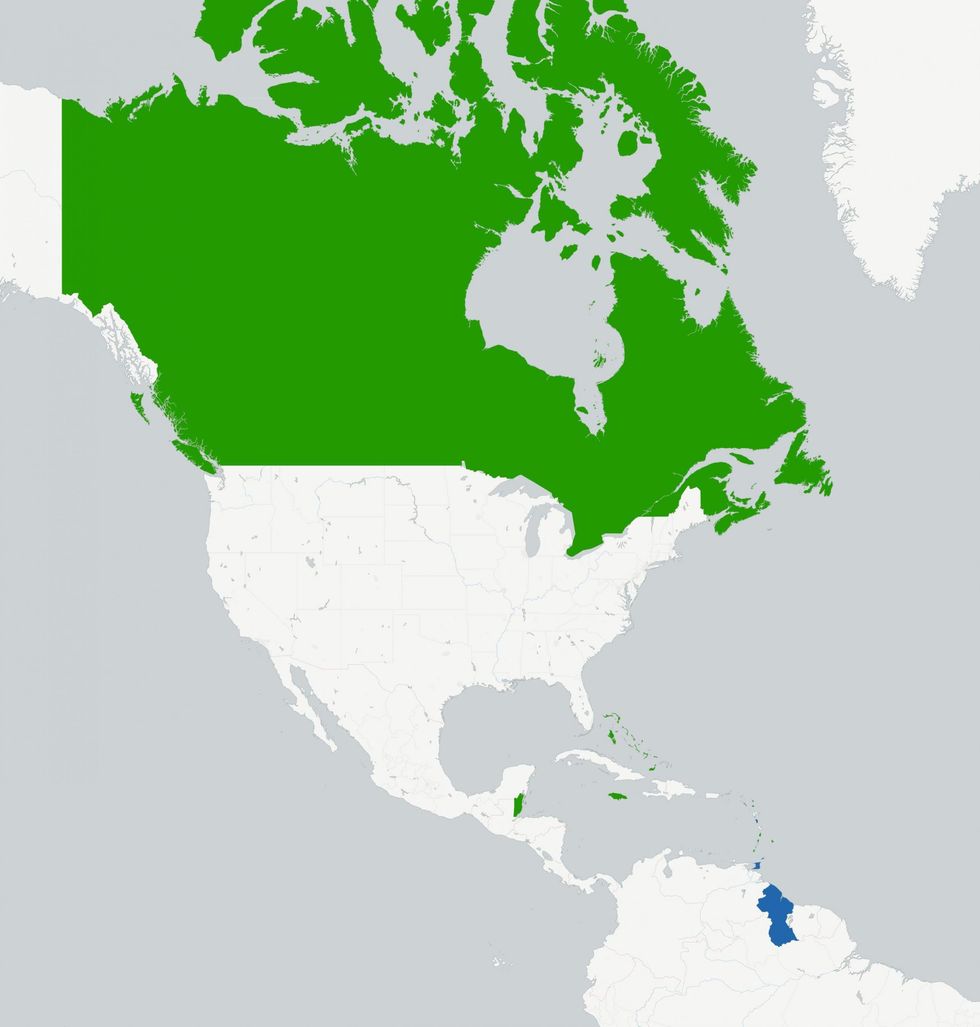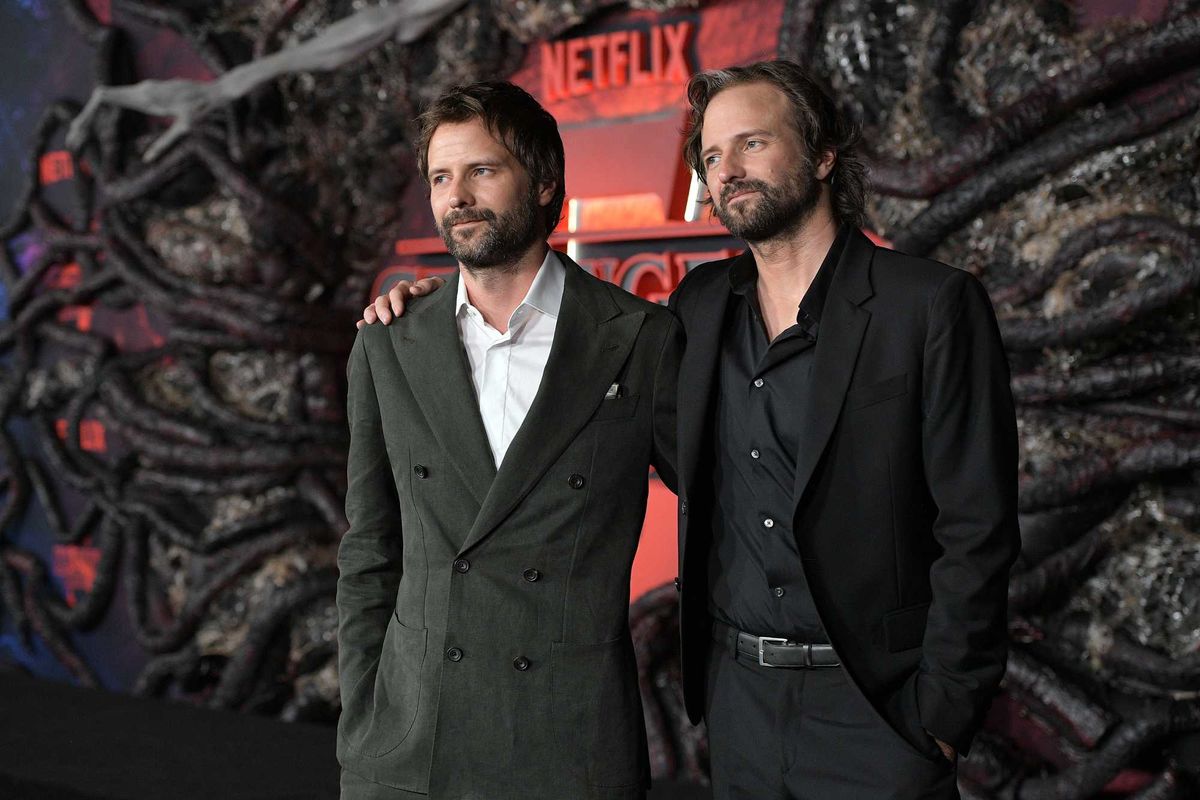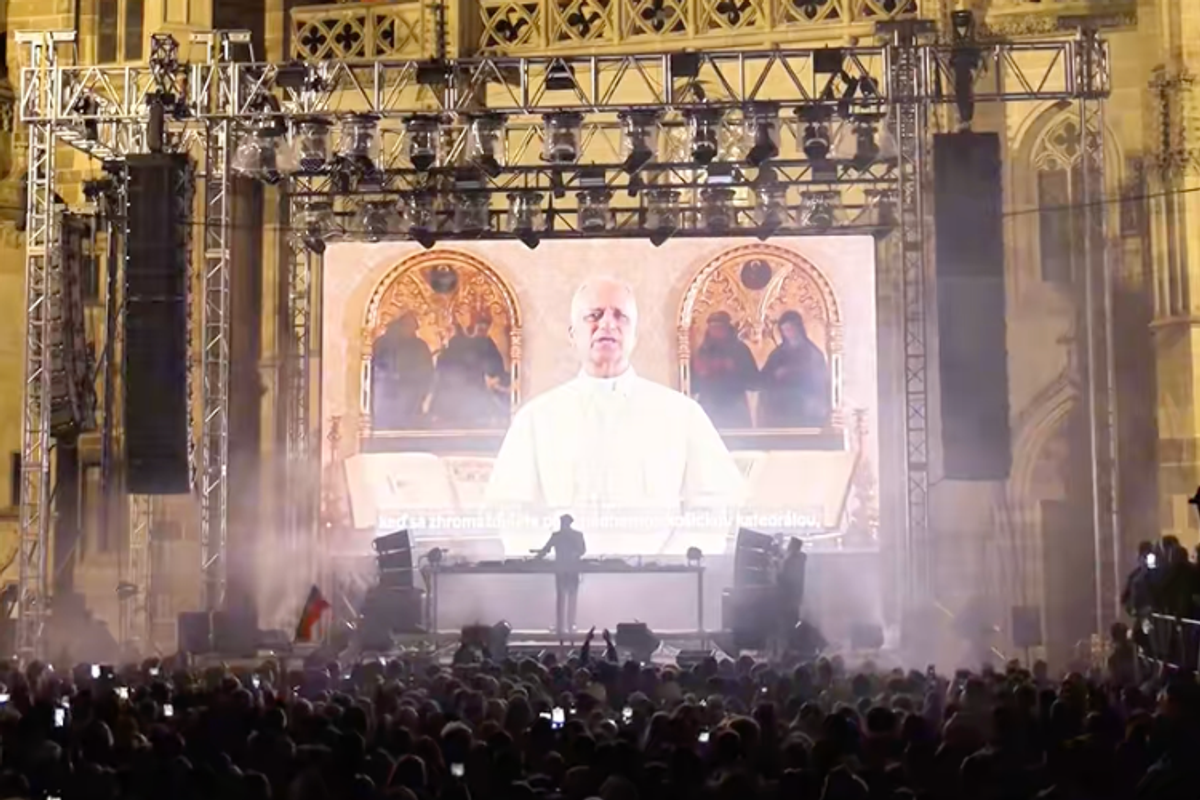News
Louis Dor
Sep 08, 2016
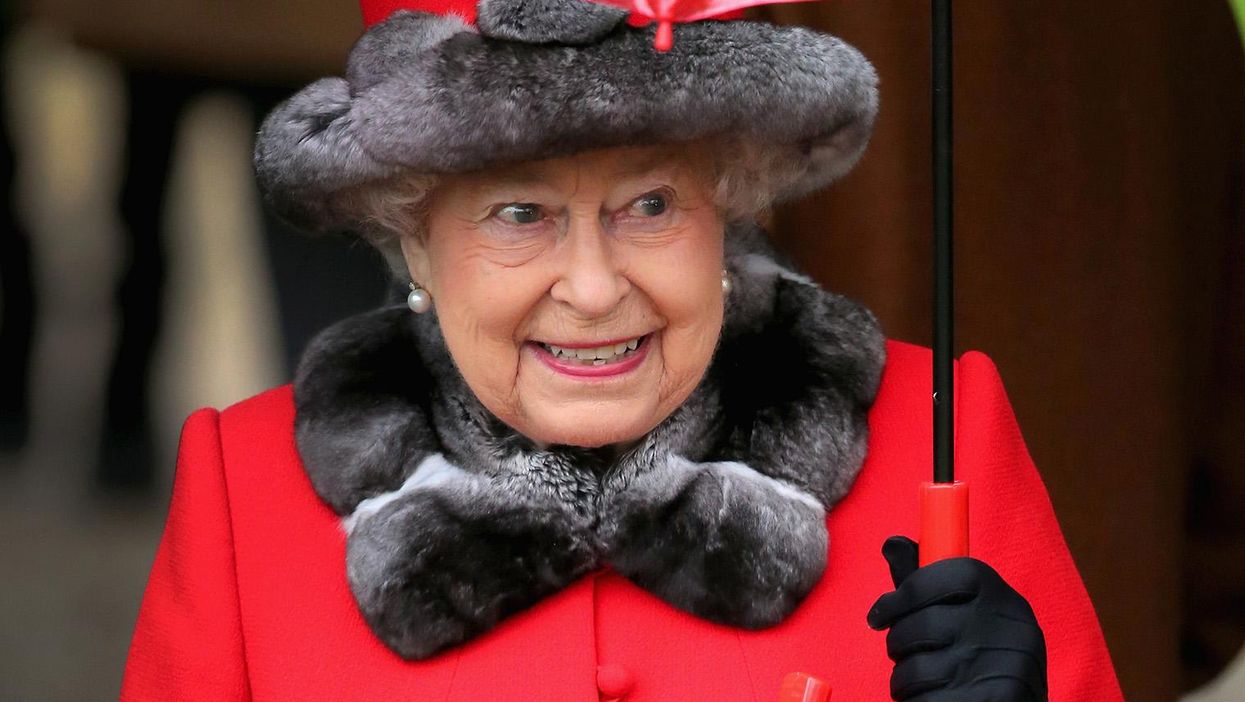
Picture: Chris Jackson/Getty Images
It seems that New Zealand wants to be rid of the Queen as a head of state, according to a new poll.
In the poll carried out by New Zealand Republic, a republican pressure group, 59 per cent of people voted for an independent head of state, while 34 per cent said they would prefer to keep the monarchy when the next head of state is named.
The 59 per cent of people was made up of 44 per cent who said they wanted a directly elected head of state, and 15 per cent who said they would be happy for the country’s next representative to be parliamentarily elected.
The grouping of these two votes was criticised by monarchist organisations.
New Zealand removed links with the British Parliament in 1986, although the Queen remains head of state.
If New Zealand chose to change the head of state, it could still remain part of the Commonwealth, joining 37 other member countries with a head of state other than Elizabeth II.
Currently, New Zealand is one of 16 Commonwealth countries that count the Queen as the head of state:
- Antigua and Barbuda
- Australia
- Bahamas
- Barbados
- Belize
- Canada
- Grenada
- Jamaica
- New Zealand
- Papua New Guinea
- Saint Kitts and Nevis
- Saint Lucia
- Saint Vincent and the Grenadines
- Solomon Islands
- Tuvalu
- United Kingdom
The countries with the Queen as a head of state are signified as the green territories in the maps below - the ones who have a different head of state are blue.
Oceania
Africa and the Mediterranean
Americas and the Caribbean
The Commonwealth was first officially formed in 1931 when the Statute of Westminster gave legal recognition to the sovereignty of dominions, known as the "British Commonwealth".
At this point the only territories involved were Australia, Canada, New Zealand, South Africa, Newfoundland, Ireland, and the UK.
In 1949, the London Declaration was signed, marking the start of the modern Commonwealth, called the "Commonwealth of Nations", allowing republics and indigenous monarchies to join the Commonwealth as politically independent countries.
The most recent member is Rwanda, which joined on 29 November 2009, while the most recent country to leave was The Gambia, which severed ties on 3 October 2013.
A government statement at the time read:
The government has withdrawn its membership of the British Commonwealth and decided that the Gambia will never be a member of any neo-colonial institution and will never be a party to any institution that represents an extension of colonialism.
The commonwealth is to date a voluntary association of 53 independent and equal sovereign states, home to 2.2 billion citizens.
More: The map of Europe's biggest tax dodgers
More: Canadian PM Justin Trudeau has been flirting with the Queen at the Commonwealth summit
Top 100
The Conversation (0)
